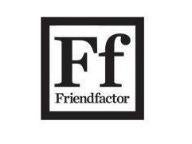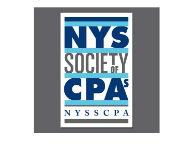School News
—
Stern wins first place in the FriendFactor MBA Ally Challenge
—

Excerpt from FriendFactor -- "Congratulations to this year's #1 ranking school, the NYU Stern School of Business! Stern came up from the #7 spot to take 1st place with a whopping 98% participation among their student body, activated through 28 activities including an ally training series and a massive April Ally Week."
School News
—

Excerpt from FriendFactor -- "Congratulations to this year's #1 ranking school, the NYU Stern School of Business! Stern came up from the #7 spot to take 1st place with a whopping 98% participation among their student body, activated through 28 activities including an ally training series and a massive April Ally Week."



















